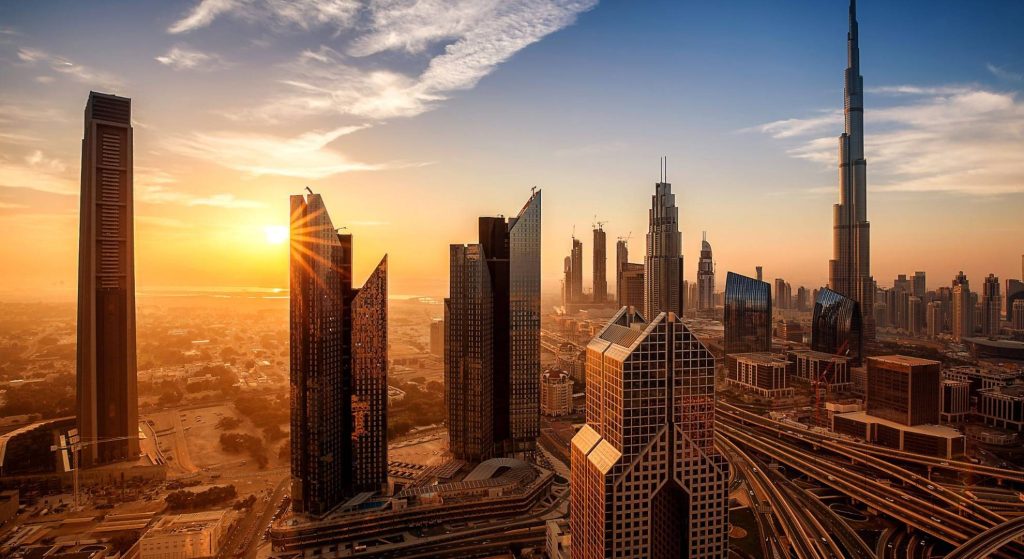The UAE is fast-tracking smart infrastructure projects to meet its decarbonization goals.
The UAE’s Ministry of Energy and Infrastructure has inked a MoU with Siemens Smart Infrastructure to implement a decarbonization program in 60 government buildings.
As part of the understanding, Siemens will install energy-efficient technology in the government buildings, aiming to save 27% on energy costs.
Project details:
The project will include smart building technologies, industrial and microgrid energy management, and intelligent substations on the
grid edge.
To centralize energy management, Siemens will install building management systems, integrate movement and lighting sensors, and upgrade HVAC systems using Siemens Xcelerator technology.
The technology’s open digital business platform will enable the administration to accelerate their digital transformation more easily, quickly, and efficiently.
To establish a baseline of energy consumption and analyze anomalies to guide the selection of buildings for the retrofit program, Siemens successfully executed retrofits in a representative sample of seven of the ministry’s buildings as part of a thorough study. The result was energy conservation equivalent to 15,400 metric tons of CO2 reduction.
Aligning smart infrastructure with sustainability goals:
In order to accelerate the country’s progress toward its goal of 44% renewable energy capacity by 2050, the agreement also supports the UAE’s efforts to create and implement cutting-edge policies and technologies.
According to the MoU, the program aims to reduce baseline energy and water consumption by up to 27% per year and is a component of the UAE’s strategy to meet its net zero 2050 targets.
The MOU backs the UAE’s National Energy Strategy 2050, which aims to increase the proportion of clean energy in the nation’s locally produced energy mix to 50% by that year and increase the efficiency of institutional and individual energy consumption by 40% by that same year, according to a press release.
Thought leadership:
“This program with Siemens is a testament to our commitment to setting a global standard for sustainability and efficiency in the built environment,” said His Excellency, Suhail Mohamed Al Mazrouei, Minister of Energy and Infrastructure, UAE.
“The UAE is dedicated to leading by example, and this retrofitting initiative is a crucial step in our journey towards achieving our long-term environmental goals. The Ministry’s strategy, from the broader UAE strategy to achieve net-zero emissions by 2050, encompasses a holistic approach to the sustainable development of key industries like energy, infrastructure, real estate, and transportation. This program, initially targeting healthcare and education facilities, marks a vital step in our country’s rapid journey to decarbonize all sectors of the economy,” he said.
Matthias Rebellius, Managing Board Member, Siemens AG and CEO, Smart Infrastructure, said, “To accelerate decarbonization, we will deploy innovative and scalable solutions which will serve as a blueprint for decarbonizing buildings. Together with the Ministry, we will not only boost the energy efficiency of buildings, but also significantly contribute to the UAE’s sustainability and energy efficiency goals.”
According to reports, approximately 75% of all carbon emissions and 80% of global energy consumption are produced in cities. About 80% of the energy demand in the Gulf region comes from buildings alone, and a large portion of that energy is wasted. In order to create sustainable, effective, and secure communities, digitalization and intelligent infrastructure are essential.









